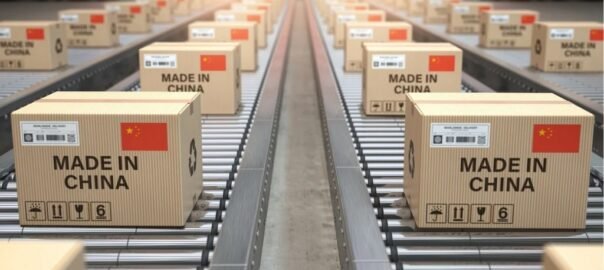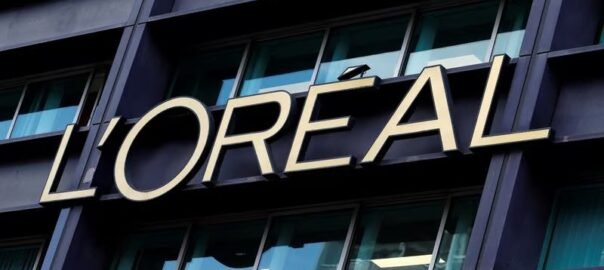Prices for goods made in China and sold on Amazon.com have been rising faster than overall inflation, according to an analysis of 1,400 different products conducted exclusively for Reuters by the analytics firm DataWeave, a sign that tariffs are starting to hit American consumers.
The analysis shows that price increases for those goods accelerated beginning in May, a signal U.S. President Donald Trump’s tariffs are starting to filter through to consumers. The median price of a basket of more than 1,400 products made in China and sold on Amazon.com to U.S. buyers has gone up by 2.6% between January and mid-June, outpacing the latest U.S. inflation rate for core goods, which runs only through May.
Price increases vary depending on the item sold, and prices for some goods declined.
For the six months through May, core goods CPI – which excludes services – rose by 1%, implying a 2% annualized rate. Both the federal data and DataWeave’s study show that goods costs have trended upward in the last couple of months as tariffs begin to exert pressure on prices.
DataWeave analyzed more than 25,000 items, focusing on 1,407 products sold on Amazon because those clearly list China as the country of origin. The firm used median prices rather than averages, since averages can be skewed by short-term price spikes or unusually high or low values.
The basket of China-made goods includes products sold by Amazon as well as its third-party sellers. Third-party sellers account for 62% of all products sold on Amazon.
The goods rising at the fastest rate include school and office supplies, electronic items such as printers and shredders, blank media items like CDs and DVDs, and home goods such as furnishings and cookware. China, which shipped $438.9 billion of goods last year to the U.S., is a big global supplier in all of these categories.
Of the 1,407 items tracked in the DataWeave study between January and June 17, 475 showed price increases, 633 remained unchanged, and 299 saw price declines. For example, a Hamilton Beach electric kettle climbed to a median $73.21 from $49.99, while the price of a GreenPan frying pan more than doubled to $31.99.
Through April, inflation across that product group remained modest. Prices increased more sharply in May and accelerated into June, particularly in the Home & Furniture and Electronics categories, which showed a median increase of 3.5% and 3.1%, respectively, over the time frame of the study.
Seasonal dynamics could play a role, but the timing and rate suggest cost shocks are rippling through the retail supply chain, said Karthik Bettadapura, co-founder and CEO of DataWeave.
“Even modest duties can translate quickly when margins are thin and replenishment cycles are fast. What we’re seeing in June is the first broad-based price step-up, as sellers begin adjusting to higher landed costs,” Bettadapura said.
Amazon said it has not seen the average prices of products change up or down appreciably outside of typical fluctuations.
“Any comparison of a small number of products does not reflect prices more broadly across the hundreds of millions of products available on Amazon,” an Amazon spokesperson said in a statement.
Numerous consumer companies have warned of tariff-led price hikes, including the largest U.S. retailer Walmart. Department store chain Macy’s (M.N), opens new tab said it was selectively raising prices to offset tariffs. Nike, which recently started selling on Amazon after a six-year break, said it would raise prices across various products starting June 1.
Trump has defended tariffs as necessary to rebalance global trade and boost U.S. manufacturing output.
Amazon’s CEO Andy Jassy said in May the company worked with sellers to move orders to the U.S. ahead of tariffs, and it remained “maniacally focused” on keeping prices low. At the time, he said average selling prices had not appreciably risen.
Retailers have been cautious in passing along the cost of tariffs due to weakening U.S. consumer sentiment and high interest rates. Retail trade sales, opens new tab dipped 0.9% in May from April, while consumer spending also fell unexpectedly in the month, according to federal data.
“We think that firms are likely opting to delay price increases,” Claudio Irigoyen, economist at Bank of America Securities, wrote earlier this month.
U.S. tariffs currently in place include a 10% universal tariff, 50% on steel and aluminum products, and 25% on cars and auto parts. Additional steel tariffs took effect on June 23, which could cause “further price pressure on cookware, kettles, small kitchen appliances, and other household essentials in the next few months,” Bettadapura said.
News Credits- Siddharth Cavale
Reuters




